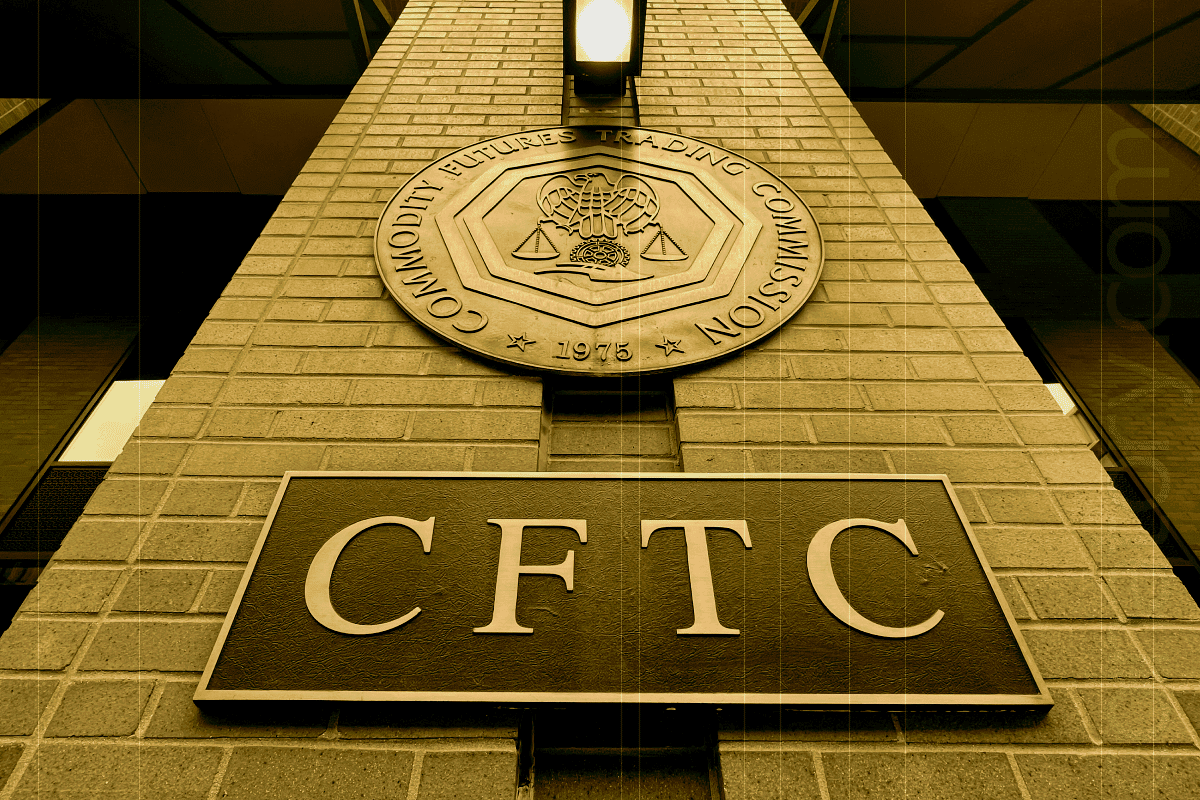
Brian Quintenz, former Commodity Futures Trading Commission (CFTC) commissioner and President Donald Trump’s nominee to lead the agency, has disclosed financial holdings and affiliations that place him at the heart of two of the regulator’s most scrutinized domains: cryptocurrency and prediction markets.
Quintenz reported at least $3.4 million in assets, according to paperwork made public by the U.S. Office of Government Ethics on May 25 and referenced in a Bloomberg article. He disclosed his deep ties to fintech companies and crypto-focused businesses, many of which are directly touched by CFTC monitoring.
Quintenz has promised to resign his position as global head of crypto policy at venture capital firm Andreessen Horowitz (a16z) if it is confirmed. Along with commitments to related general partners, he also owns shares in AH Capital Management funds, specifically CNK Fund III, CNK Seed 1 Fund, and CNK IV Fund.
Quintenz also owns stock and options in Next Level Derivatives, a loan and financial brokerage, and Kalshi, a federally regulated prediction market platform, and is a board member of Kalshi.
Overlapping directly with the CFTC’s agenda
The two main facets of the CFTC’s regulatory mandate—prediction markets and digital asset governance—intersect with these business and professional relationships. Quintenz’s affiliates are sensitive to regulations, as seen by Kalshi’s recent resolution of a high-profile disagreement with the commission about election-related betting.
In a May 21 ethics letter to CFTC Designated Agency Ethics Official John Einstman, Quintenz stated that he will remove himself from related positions and divest from conflicting assets within 90 days following confirmation in order to resolve any potential conflicts of interest. In particular, he pledged to:
- A two-year recusal from any matters involving Andreessen Horowitz.
- A one-year recusal from Kalshi-related matters.
- Forfeiture of unvested stock options in multiple firms.
Quintenz added that he will follow federal ethics laws and refrain from getting involved in any situation in which he has a financial interest, even though he plans to continue serving as an unpaid trustee in two family trusts.
CFTC Guidance in Transition During Crypto Conflicts
Quintenz’s nomination coincides with the CFTC’s continuous churn and heightened internal conflict over the agency’s position on cryptocurrency regulation. Departures from the commission have surged due to the Trump administration’s pro-crypto policy stance.
Democratic Commissioner Kristin Johnson declared on May 21 that she would step down later that year. All four of the CFTC’s commissioner seats could become vacant as a result of the announcements made by Commissioners Summer Mersinger and Christy Goldsmith Romero that they want to resign by the end of May.







